Your One-Stop Shop for Everyday Essentials & Unique Finds
Beyond Kibble: Unveiling the True Cost of Dog Ownership
Beyond Kibble: Unveiling the True Cost of Dog Ownership (and How to Save)
Bringing a dog into your life is a joyous decision, filled with wagging tails, wet noses, and unconditional love. But beyond the heartwarming moments lies a significant financial commitment. Many first-time owners only consider the initial adoption fee, quickly realizing that dog expenses monthly add up to a substantial recurring cost. This article delves into the often-overlooked expenses of dog ownership, offering practical tips to manage your budget without compromising your furry friend's well-being.
Initial Dog Adoption/Purchase Costs: A Price to Pay for Love
The upfront costs are the first hurdle. Adoption fees from shelters typically range from $50 to $500, often covering initial vaccinations and microchipping. Purchasing from breeders can skyrocket, with prices ranging from $500 to several thousand dollars depending on the breed's popularity and pedigree.
Essential Starter Kit:
- Bed: $30 - $150 (depending on size and material)
- Bowls (food and water): $10 - $50
- Leash and Collar: $15 - $40
- Basic Toys: $20 - $50
Don't forget the initial vet visit! Vaccinations, microchipping (if not already done), and spaying/neutering can add another $200 - $500 to your initial expenses.
Recurring Food Costs: More Than Just Kibble
Dog food prices vary wildly based on brand, quality, and your dog's size. A large breed dog will naturally eat much more than a small chihuahua. Kibble is generally the most affordable option, while wet food tends to be more expensive. Raw food diets are gaining popularity, but can be the priciest option.
Saving on Sustenance:
- Compare prices online and at local pet stores.
- Consider buying in bulk (if storage allows).
- Talk to your vet about affordable, nutritious food options.
Remember, cheaper isn't always better. Focus on quality ingredients to keep your dog healthy and potentially reduce vet bills in the long run.
Healthcare Expenses: Preparing for the Unexpected
Routine vet visits, including annual checkups and vaccinations, can cost $100 - $300 per year. However, unexpected illnesses or injuries can quickly drain your bank account. Be prepared for potential emergencies!
Pet Insurance: A Safety Net?
Pet insurance can help offset unexpected medical costs. Premiums vary based on coverage and your dog's breed/age, typically ranging from $20 to $100 per month. Research different insurance providers and compare coverage options to find the best fit for your needs.
Breed matters! Certain breeds are predisposed to specific health issues, such as hip dysplasia in German Shepherds or breathing problems in Bulldogs. Understanding breed-specific health concerns can help you anticipate and prepare for potential costs.
Grooming Costs: Looking Good, Feeling Good
Grooming needs vary significantly based on breed and coat type. Long-haired breeds like Golden Retrievers require more frequent grooming than short-haired breeds like Beagles.
Professional vs. DIY:
Professional grooming services can cost $30 - $100+ per visit, depending on the services required (bathing, haircut, nail trims). You can save money by learning to groom your dog at home, but be prepared to invest in grooming tools and dedicate time to the task.
Training and Enrichment Costs: A Well-Behaved and Happy Dog
Training is crucial for a well-behaved and happy dog. Obedience classes or private training sessions can range from $100 to $500+, depending on the level and location.
Enrichment Essentials:
- Toys: Provide mental stimulation and prevent boredom ($20 - $50).
- Puzzle Feeders: Slow down eating and provide mental challenges ($15 - $40).
Miscellaneous Expenses: The Hidden Costs
Don't forget about other potential expenses, such as:
- Dog walking: $15 - $30 per walk
- Pet sitting: $25 - $75 per day
- Boarding: $30 - $100 per night
- Unexpected repairs (due to chewing): Variable!
Calculating Your Dog's Monthly Budget: Know Your Numbers
Creating a realistic monthly budget is essential for responsible dog ownership. Track your dog-related expenses using a spreadsheet or budgeting app. Be sure to factor in all the costs discussed above, including food, healthcare, grooming, training, and miscellaneous expenses.
Cost-Saving Tips and Tricks: Smart Saving Strategies
- DIY Dog Toys: Create toys from recycled materials.
- Homemade Treats: Bake healthy treats at home.
- Compare Prices: Shop around for the best deals on food, toys, and services.
- Negotiate Prices: Don't be afraid to ask your vet or groomer for discounts.
The Emotional Rewards vs. Financial Investment: A Worthwhile Trade-Off?
Dog ownership is a significant financial commitment. However, the emotional rewards – the companionship, unconditional love, and stress relief – are immeasurable. Carefully consider your financial situation before bringing a dog into your life. Can you realistically afford the ongoing expenses without sacrificing your own financial well-being?
Ultimately, responsible dog ownership means providing for your furry friend's needs while managing your finances effectively. By understanding the true costs of dog ownership and implementing smart saving strategies, you can enjoy the joys of companionship without breaking the bank. Remember, a happy dog makes for a happy owner!
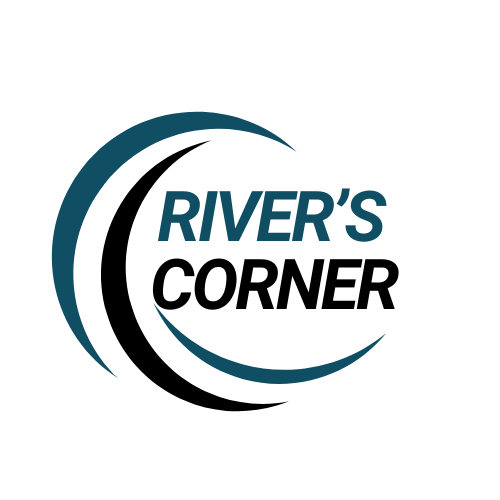
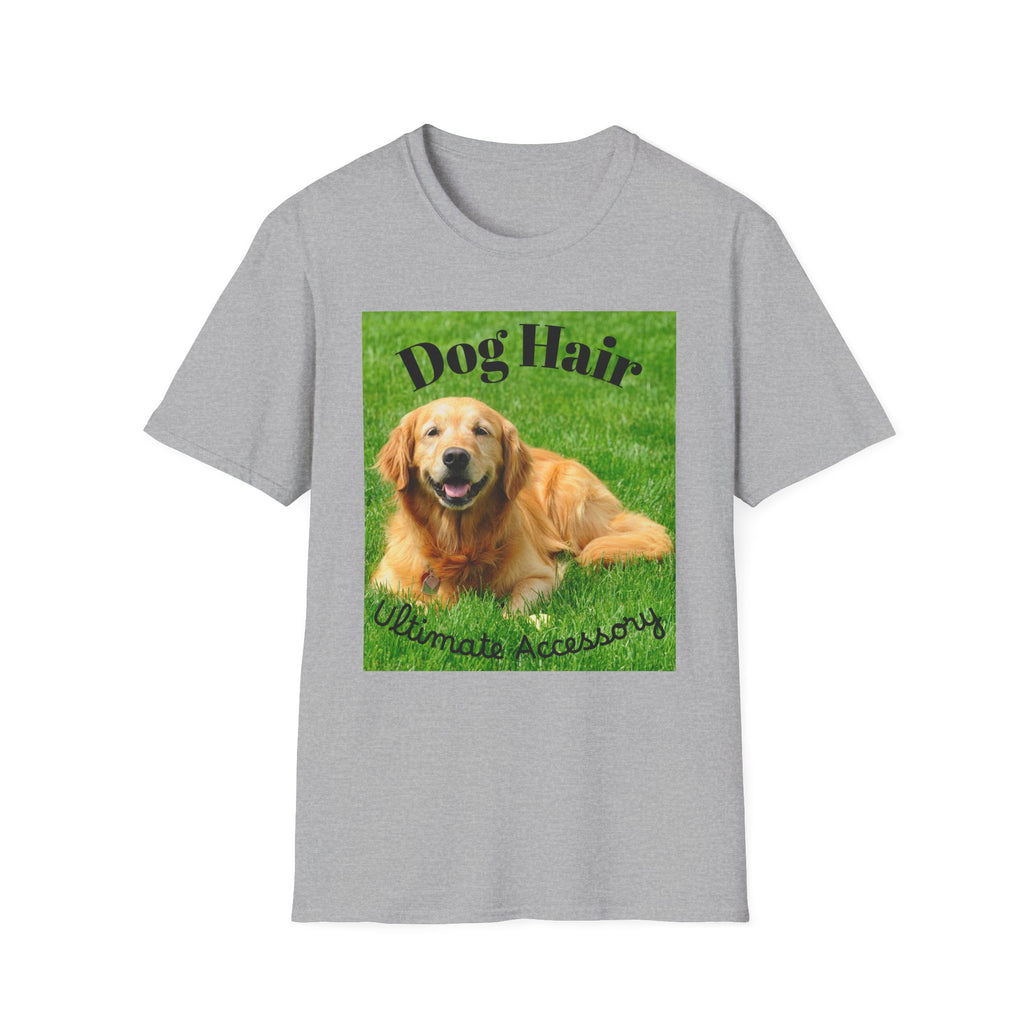
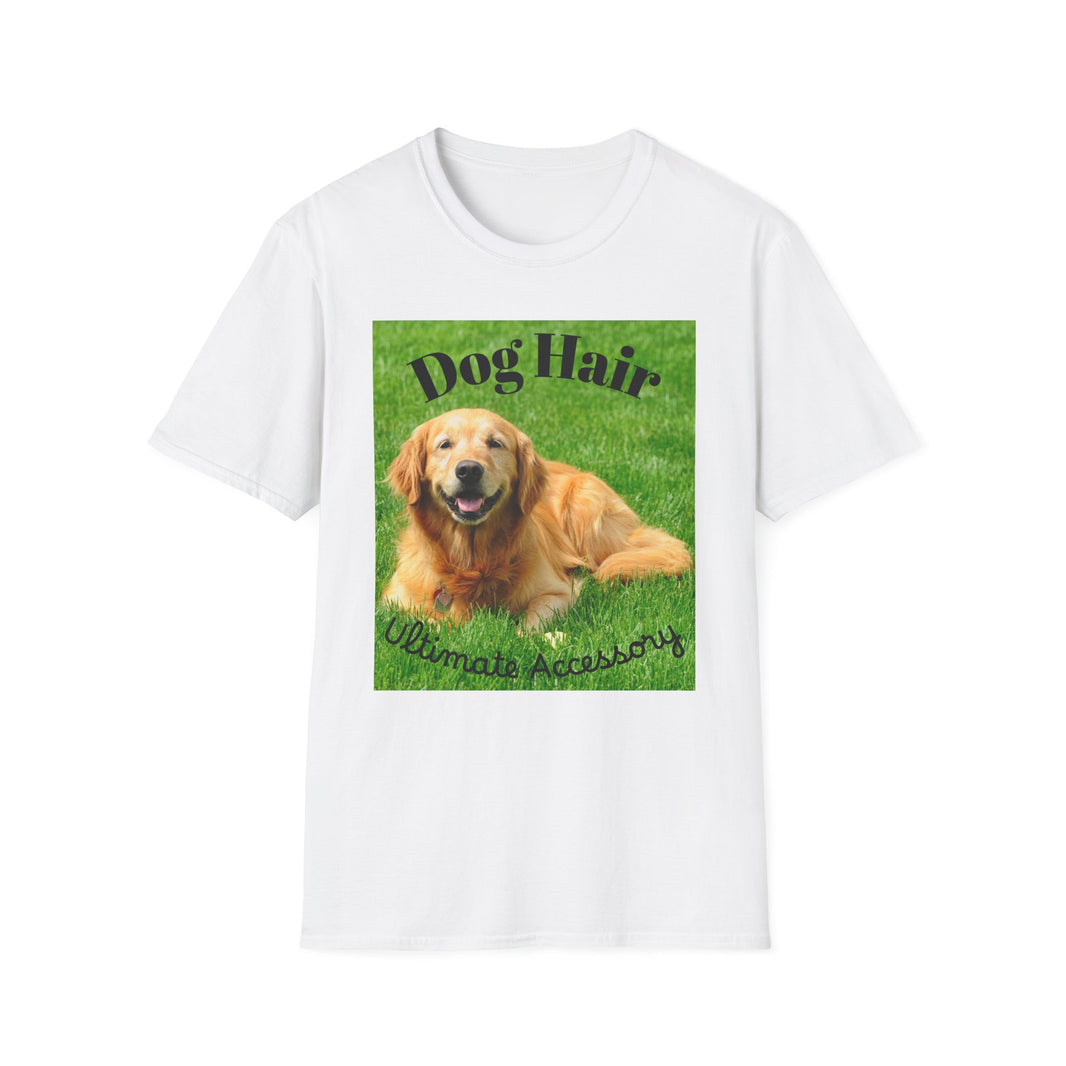
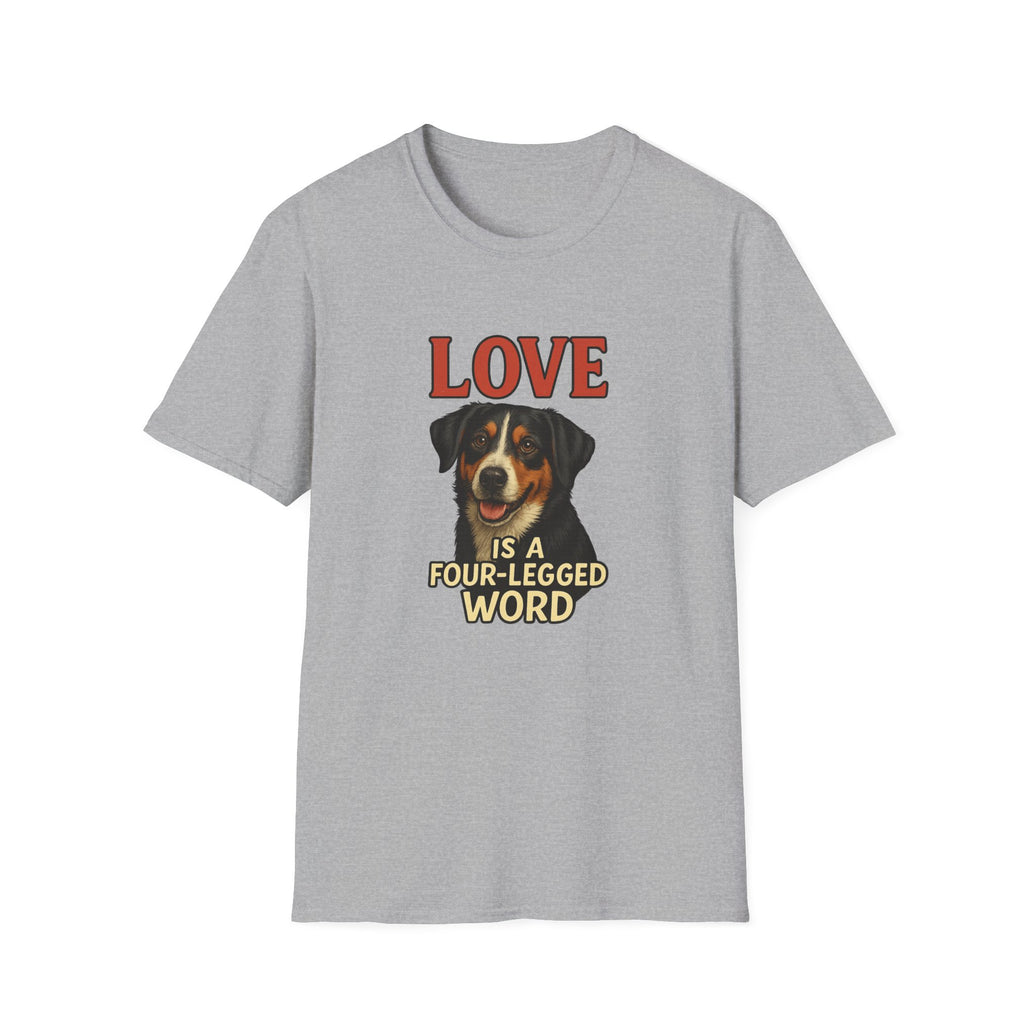
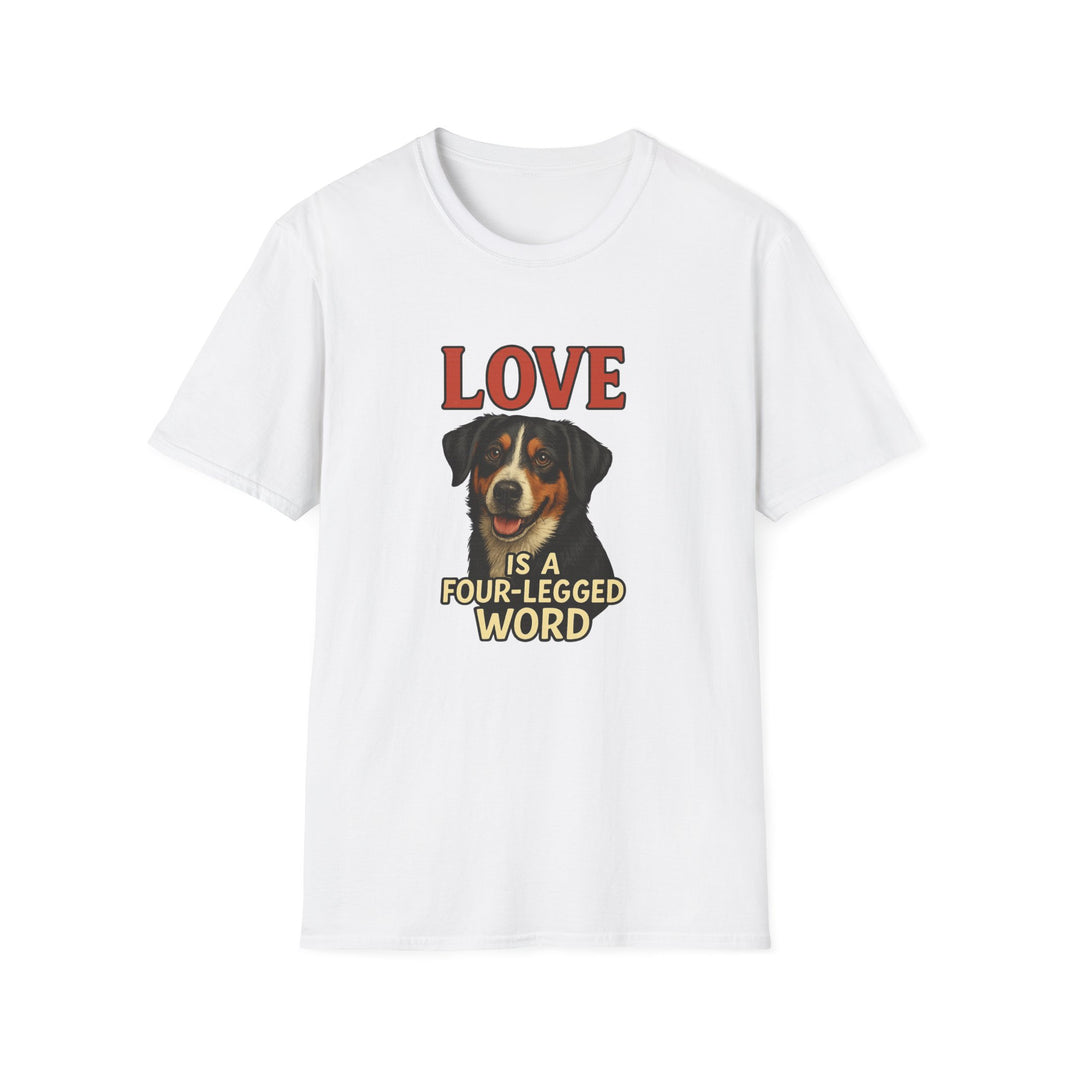
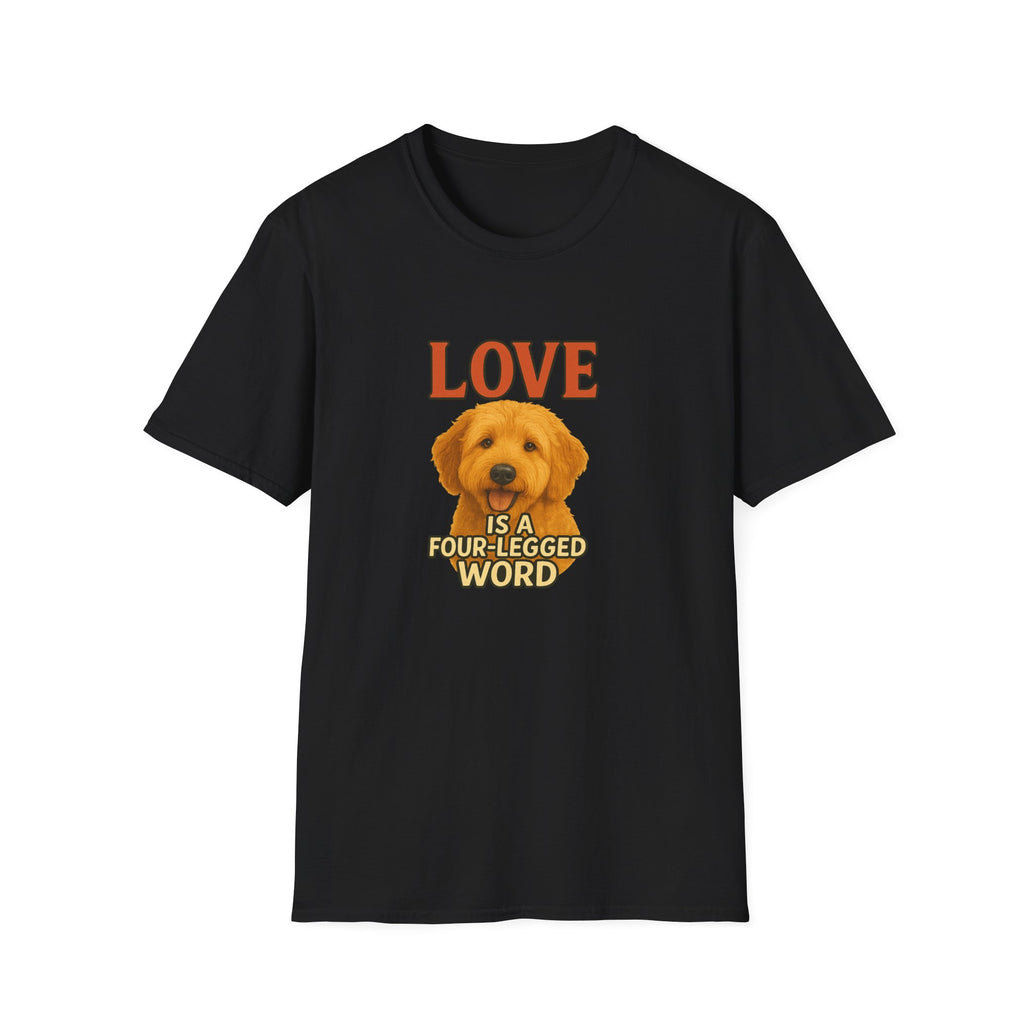
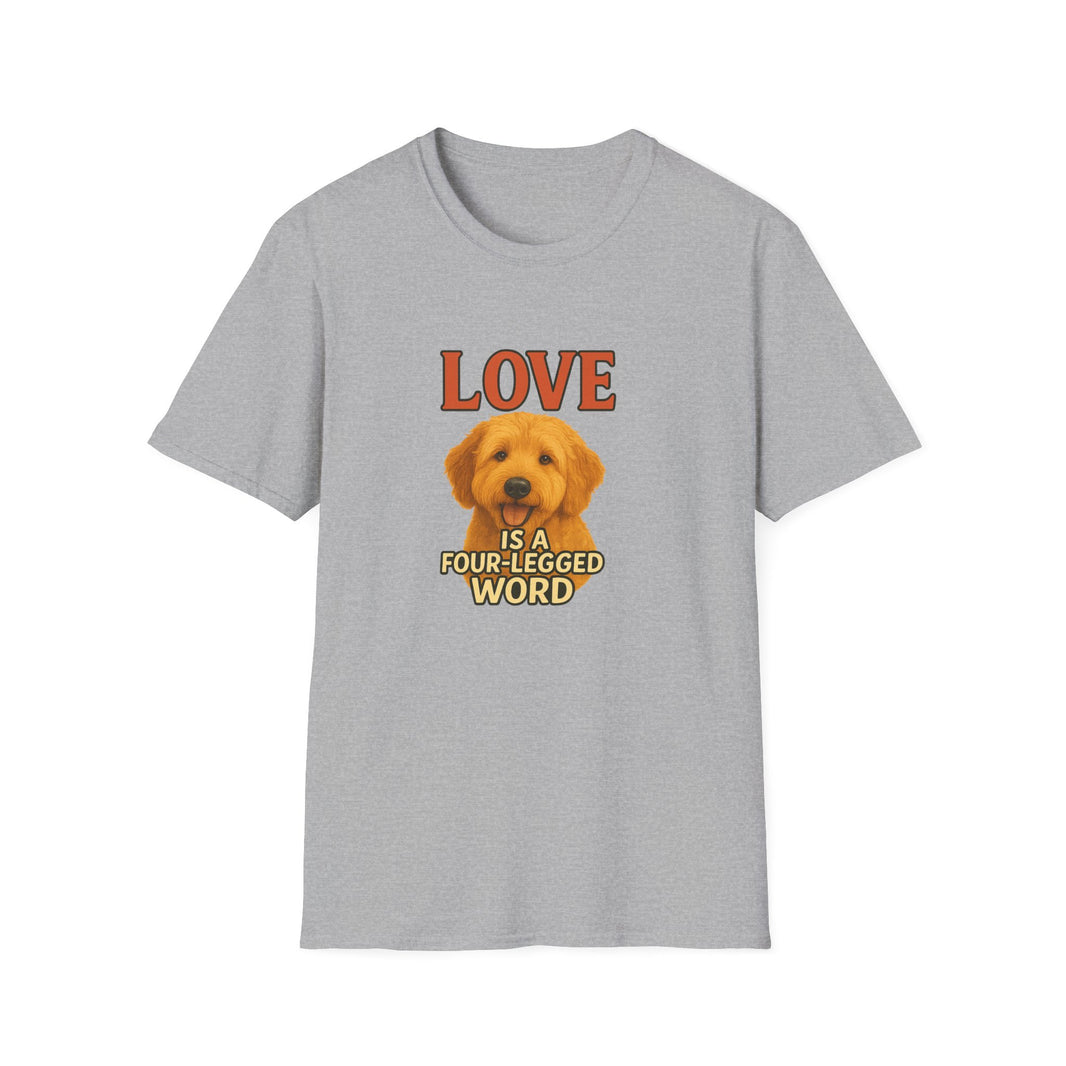



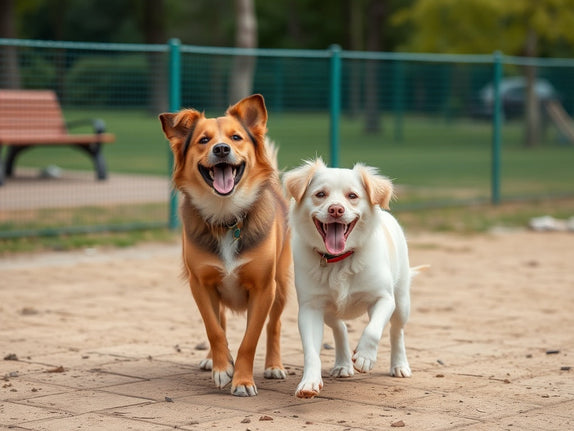
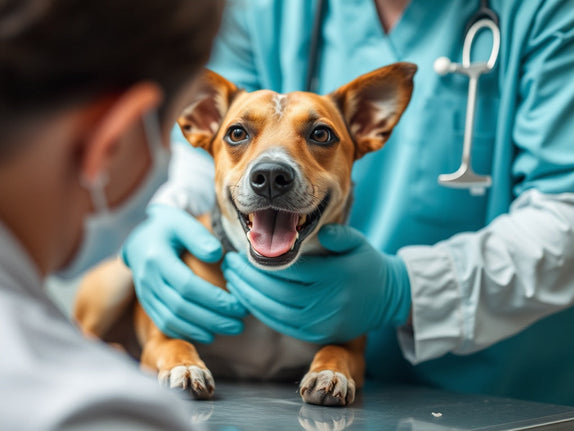

Leave a comment